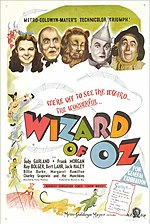Krautrock is a broad genre of experimental rock that developed in West Germany in the late 1960s and early 1970s. It originated among artists who blended elements of psychedelic rock, avant-garde composition, and electronic music, among other eclectic sources. Common elements included hypnotic rhythms, extended improvisation, musique concrète techniques, and early synthesizers, while the music generally moved away from the rhythm & blues roots and song structure found in traditional Anglo-American rock music. Prominent groups associated with the krautrock label included Neu!, Can, Faust, Tangerine Dream, Kraftwerk, Cluster, Ash Ra Tempel, Popol Vuh, Amon Düül II and Harmonia.
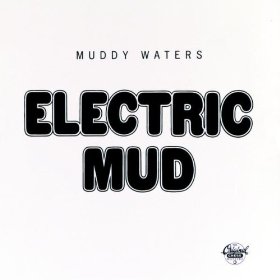
Electric Mud is the fifth studio album by Muddy Waters, with members of Rotary Connection playing as his backing band. Released in 1968, it presents Muddy Waters as a psychedelic musician. Producer Marshall Chess suggested that Muddy Waters record it in an attempt to appeal to a rock audience.
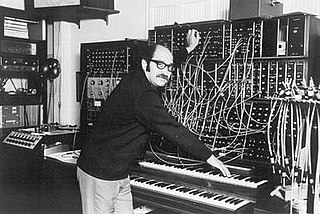
Morton Sanford Garson was a Canadian composer, arranger, songwriter, and pioneer of electronic music. He is best known for his albums in the 1960s and 1970s, such as Mother Earth's Plantasia (1976). He also co-wrote several hit songs, including "Our Day Will Come", a hit for Ruby & the Romantics. According to Allmusic, Mort Garson boasts one of the most unique and outright bizarre resumés in popular music, spanning from easy listening to occult-influenced space-age electronic pop.
Paul Henry Beaver Jr. was an American musician who was a pioneer in popular electronic music, using the Moog synthesizer. From 1967, Beaver collaborated with Bernie Krause as the recording duo Beaver & Krause.
The Millennium were an American sunshine pop band formed in Los Angeles, California, in 1967.

The Moog synthesizer is a modular synthesizer invented by the American engineer Robert Moog in 1964. Moog's company, R. A. Moog Co., produced numerous models from 1965 to 1981, and again from 2014. It was the first commercial synthesizer and established the analog synthesizer concept.

...And Don't the Kids Just Love It is the debut album by English post-punk band Television Personalities, released in January 1981 by Rough Trade Records. It was recorded in 1980 by the lineup of Dan Treacy, Ed Ball, and Mark Sheppard. The album marked the band members' first full-length work, following several singles recorded with various associated projects, including 'O' Level and Teenage Filmstars.

Cyrus Faryar is an Iranian-American folk musician, songwriter and record producer.

The Zodiac: Cosmic Sounds is a 1967 collaborative concept album on the theme of the signs of the Zodiac. It was issued by Elektra Records in and featured early use of the Moog synthesizer by Paul Beaver, with music written by Mort Garson, words by Jacques Wilson, and narration by Cyrus Faryar. Instrumentation was provided by members of the Wrecking Crew studio collective. It has been variously described as "a wonderful period piece" and "apt to inspire more giggle fits than stoned, pull-the-shades-down reveries".
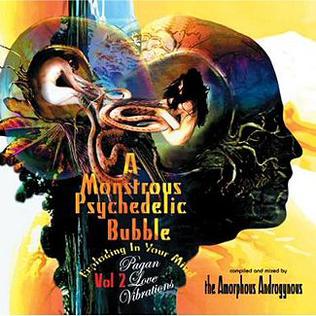
A Monstrous Psychedelic Bubble Exploding in Your Mind: Volume 2 is a 2009 compilation album with selections by the Amorphous Androgynous; it was released on CD in September 2009. It is an extensive compilation mix album featuring a wide variety of artists, selected and mixed by the duo. Pagan Love Vibrations is the second in the series, following on from the successful first volume Cosmic Space Music and focusses on the band's psychedelic side, featuring everything from 1960s pop to film scores and modern psychedelia.
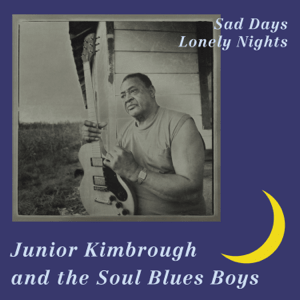
Sad Days, Lonely Nights is an album by Junior Kimbrough, released in 1994. It was recorded live in Kimbrough's club, without an audience.

Ron Garmon is an American journalist, rock critic, and short story writer who served as Arts Editor for L.A. CityBeat during its last year of publication, 2007 to 2008. He resides in Los Angeles.

Cosmic Wheels is the tenth studio album, and eleventh album overall, by Scottish singer-songwriter Donovan. It was released in both the UK and the US in March 1973.

"Electricity" is a song by Captain Beefheart and his Magic Band on the 1967 album Safe as Milk. Beefheart claimed the label he and his band were signed to, A&M Records, dropped them after co-owner Jerry Moss heard the song and declared it "too negative" for his teenage daughter to listen to. Beefheart's vocals, while recording the final version for the album, shattered the microphone.
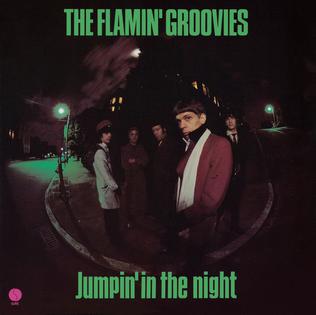
Jumpin' in the Night is the sixth studio album by the Flamin' Groovies, released in 1979. It was produced by Cyril Jordan and Roger Bechirian.
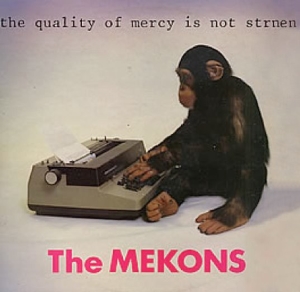
The Quality of Mercy Is Not Strnen is the debut album by the Mekons, released in 1979.
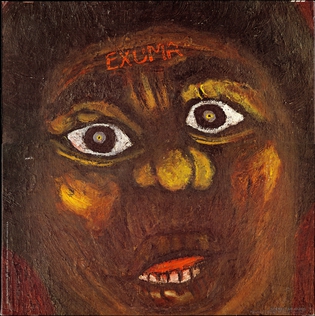
Exuma is the debut studio album by Bahamian folk musician Exuma. It was originally released in May 1970 on the Mercury label.

"Whipped Cream" is an instrumental most famously recorded by Herb Alpert & the Tijuana Brass. It is the title track of their 1965 LP, Whipped Cream & Other Delights, and was released as the lead single from the album. The song was written by Allen Toussaint under the pen name of Naomi Neville, and originally recorded by The Stokes.

The Way-Out Record for Children is the fourth album of children's music by Canadian electronic musician Bruce Haack with his collaborator Esther Nelson. It was recorded in 1967 and released in 1968 by their record label Dimension 5, and was the fourth in a series of children's records they created together with Ted Pandel. The album, like its predecessors in the series, contains a set of songs, stories, dances and other activities for young children to engage with, in order to enrich their learning development, and features an array of disparate musical styles.

















